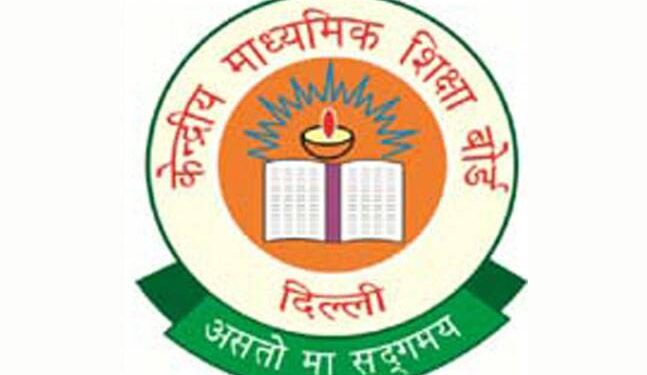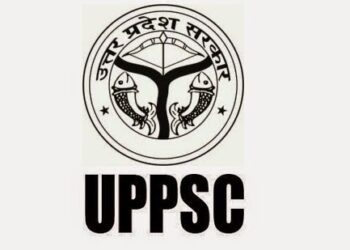To improve the quality of education and comply with the National Education Policy (NEP) 2020, the Central Board of Secondary Education (CBSE) has established a compulsory professional development framework for all educators and school leaders within its affiliated institutions.
In two announcements made earlier this month, CBSE has stipulated that each teacher must complete a minimum of 50 hours of training annually. This training will be evenly split, with 25 hours provided through CBSE or government-operated training centers and the remaining 25 hours through internal or School Complex-based initiatives.
The training program is designed in accordance with the National Professional Standards for Teachers (NPST) and includes:
- 12 hours focused on Core Values and Ethics
- 24 hours dedicated to Knowledge and Practice
- 14 hours aimed at Professional Growth and Development
Additionally, CBSE has permitted various academic responsibilities—such as evaluating board exams, conducting practical assessments, engaging in research projects, participating in conferences, and creating educational content—to be counted towards Continuous Professional Development (CPD) hours.
Looking forward to 2025, CBSE has identified STEM Education (Science, Technology, Engineering, and Mathematics) as the focal theme for its annual training. The board encourages educators to implement more experiential, inquiry-driven, and interdisciplinary approaches to enhance the learning experience.
To facilitate this transition, CBSE is promoting the organization of District Level Deliberations (DLDs) on STEM Education, which will serve as platforms for educators to share best practices, reflect on their experiences, and foster innovation at the community level.
School leaders are expected to spearhead the execution of these guidelines, nurturing a culture of ongoing learning and professional development within their institutions.














